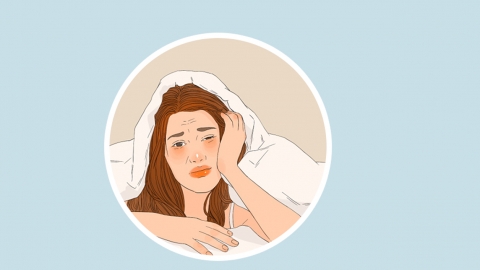Does infrequent sexual activity in women affect their health?
In general, if a woman has infrequent sexual activity due to personal choice, without physical discomfort and with good psychological well-being, it usually does not affect her health. However, if low sexual activity is caused by medical conditions or psychological disorders, or accompanied by physical or mental abnormalities, it may negatively impact health. If concerned, it is advisable to seek medical consultation in advance. Detailed analysis is as follows:

If a woman chooses to have less frequent sexual activity due to personal preference, lifestyle rhythm, or other reasons, and experiences no vaginal dryness, pelvic discomfort, emotional instability, anxiety, depression, or other psychological issues, her health is typically unaffected. Sexual frequency naturally varies among individuals; choosing a lower frequency voluntarily does not disrupt the body's balance. On the contrary, when aligned with personal needs, it may help maintain physical and mental comfort and stability.
However, if reduced sexual activity results from gynecological inflammation, endocrine disorders (such as low estrogen levels) causing painful intercourse, or psychological trauma and excessive stress leading to aversion toward sex—and is accompanied by symptoms such as thinning vaginal mucosa, low mood, or pelvic congestion—health may be affected. Prolonged suppression of sexual activity under these circumstances may exacerbate gynecological conditions and lead to accumulated psychological stress, impairing overall physical and mental well-being and potentially creating a vicious cycle.
Women should pay attention to their sexual health and associated physical and emotional sensations. If sexual activity decreases due to discomfort, they should promptly seek medical evaluation to rule out gynecological or endocrine issues. Maintaining good genital hygiene, engaging in regular physical activity to regulate hormone balance, and promoting overall physical and mental wellness are essential for long-term health.






